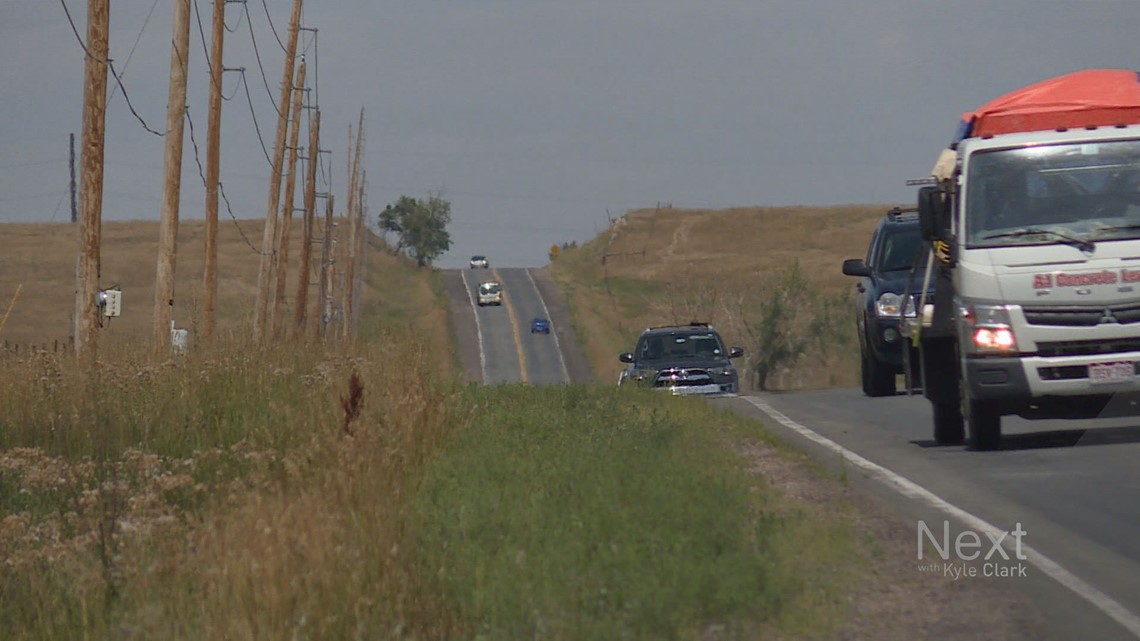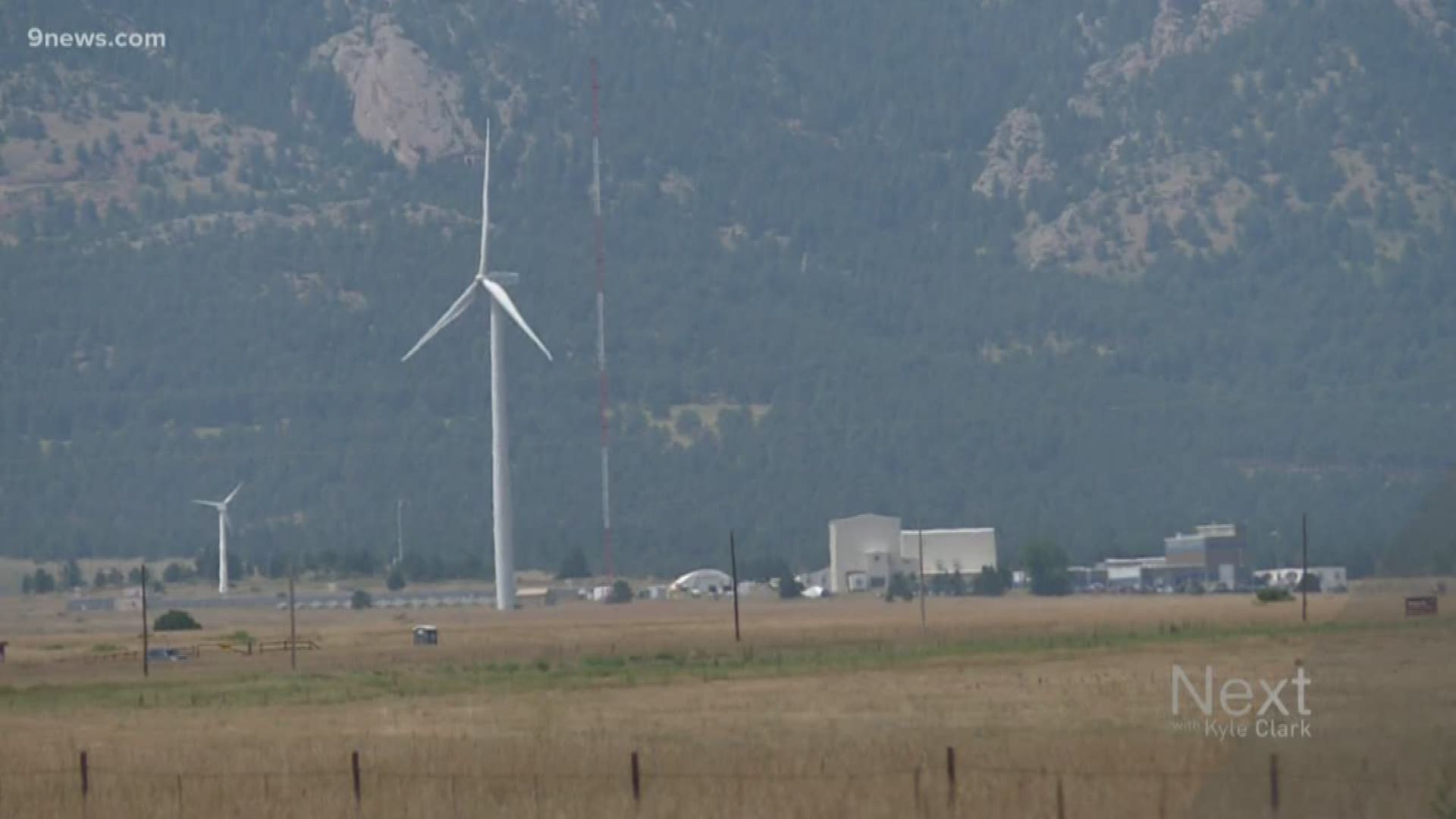DENVER — Elevated levels of plutonium were detected in a soil sample near the site of a planned toll road right alongside Rocky Flats.
The Colorado Department of Public Health and Environment knows the exact level, but a spokeswoman said the department wants to notify the community near the soil sample first.
On Friday, the Jefferson Parkway Authority, which is planning a toll road that would nearly connect the Northwest Parkway to C-470, revealed that a soil sample recently taken was flagged for an elevated level of plutonium. The level was greater than 50 picocuries per gram.
"Five billion is more than 50 and 51 is more than 50. There's just not enough information for me to understand how concerned to be about it," said Dr. Mark Jensen, a chemistry professor at Colorado School of Mines and university chair of nuclear science and engineering. "A single sample near 50 picocuries per gram should not be unexpected."
If you got lost at picocurie, you're not alone.
"It's a unit that measures radioactive decay," said Jensen. "A picocurie is exactly 2.22 atoms disintegrating in a minute. Fifty picocuries represent 100 plutonium atoms that have disintegrated over the course of a minute."
The soil sample was taken voluntarily by the Jefferson Parkway Authority, which hopes to start construction on 10 miles of toll road between Highway 128 and Highway 93 in 2020.
"We felt it was most efficacious to take one sample about every one-third of one acre for the 65 acres that comprised that portion of the right-of-way," said Jefferson Parkway Authority Executive Director Bill Ray.


He said the authority has taken 240 to 250 soil samples, with about 40 done so far.
None of them were required. So why test?
"I think knowing the truth is always the better thing," said Ray.
The sample that came back with elevated plutonium levels was taken off Indiana Street, between 96th and 120th Streets, alongside the former Rocky Plants nuclear weapons site.
"Five hundred, 600 feet south of where the old entry into the industrial plant was," said Ray about the sample location. "If I took two scoops out of the same can of coffee, you would expect that we would get similar results, but in this case, we did not."
Rocky Flats manufactured triggers for nuclear weapons from 1952 to 1989. It is now a superfund site and wildlife refuge.
"To find a hot particle like this is not a surprise to me," said Jensen.
Jensen also talked about fine particles of plutonium being dispersed throughout the metro area because of previous fires at Rocky Flats.
"I don't think we should be surprised to find a single sample that exceeds 50 picocuries per gram potentially anywhere in the metro area," said Jensen.
The samples tested by the Jefferson Parkway Authority were taken in May and June.
"But there's been nothing in between 2006 and that," said Ray. "There are a lot of people with concerns of the effects of the 2013 flooding, for example, and there's been no sampling taken since then."
None of the samples taken in 2006 by the Colorado Department of Public Health and Environment farther west into Rocky Flats had an elevated level of 50 picocuries per gram or higher.
"The public needs to be aware and informed and I think the Colorado Department of Public Health and Environment is the one who can advise us all, is that if there any risk and, if so, to what proportion," said Ray. "My reaction is is that we need to involve the people that are professionally responsible and have them tell me what all that means."
"There is a background level of plutonium all across the planet, and people have, not a lot, but a little bit of plutonium inside of them because of that," said Jensen. "Every minute of every day, an average-sized person has 400,000 atoms of potassium and carbon in their body that decay. We're probably a lot more radioactive than the sample than they measured, but we don't know how radioactive it was."
*Editor's note: In the video, we describe an experiment where a fan is left on for 30 minutes, blowing air into a wash cloth. The wash cloth is then tested for radioactivity. We detected twice the level of radioactivity in the wash cloth as the soil sample showed for plutonium. The test did not detect plutonium, but rather naturally occurring radioactivity, like radon.
SUGGESTED VIDEOS: Next with Kyle Clark

